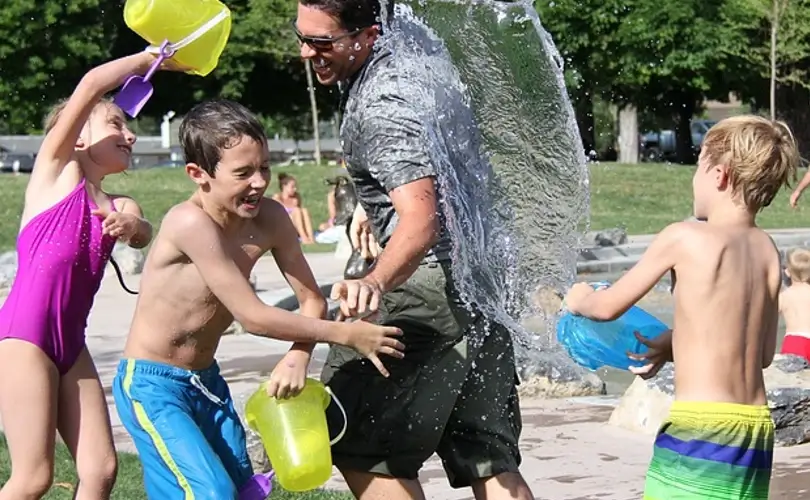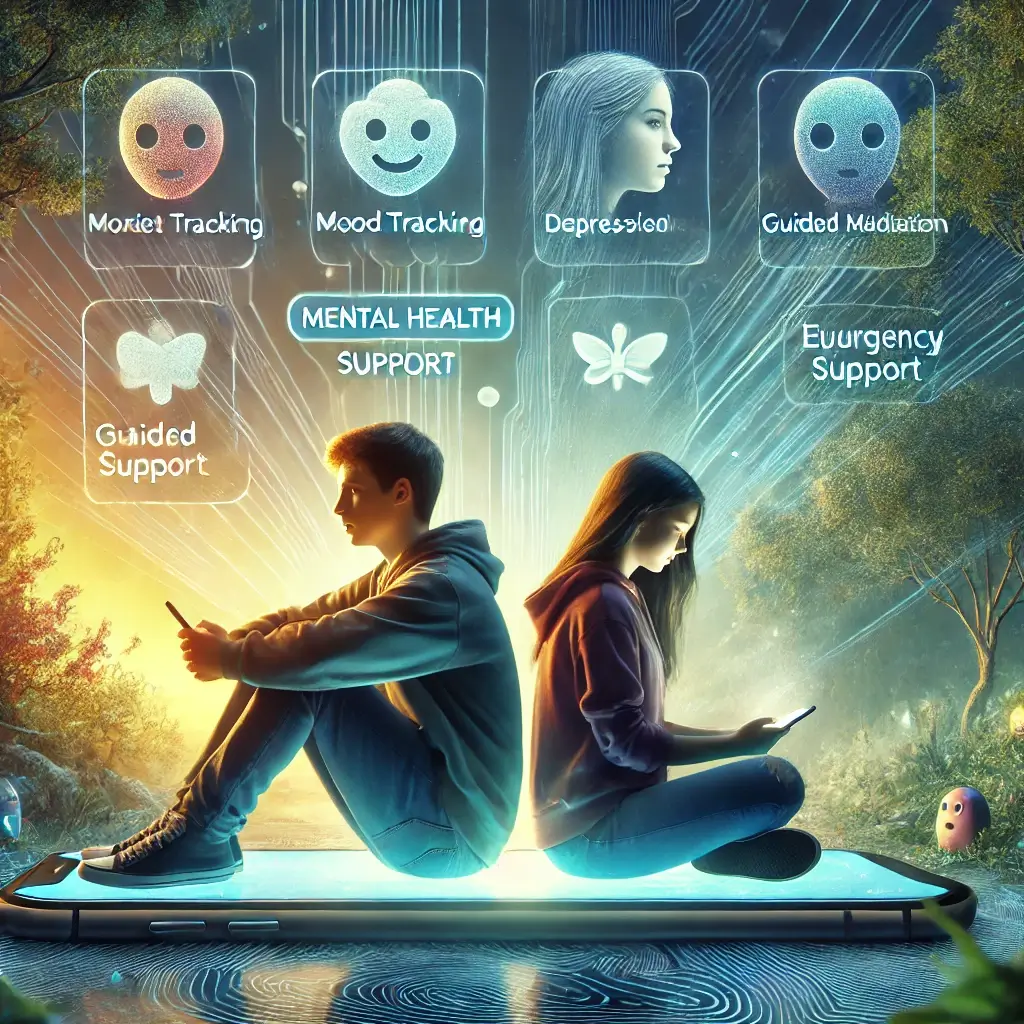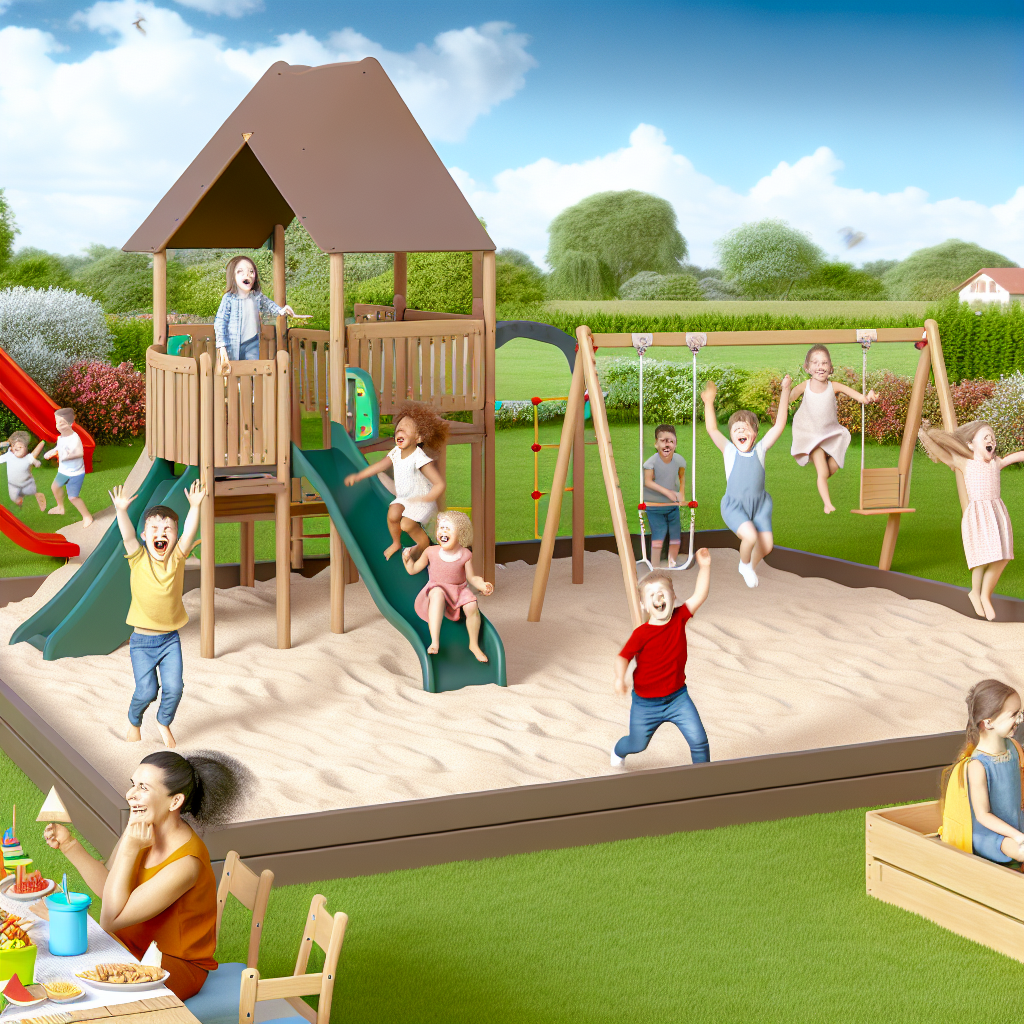One of the symptoms of ADHD in children is having trouble waiting for things to be completed. This might occur at the grocery store or any other setting where the children must wait their turn. They might also need help waiting their turn in conversations, leading them to interrupt other people frequently when they do so. It’s also possible that they have a hard time making friends.
Therapy Based on Behavior
If you see your child engaging in peculiar behavior patterns, it may be time to seek help. For example, even though temper tantrums and other forms of emotional outbursts are perfectly normal, repeated or disruptive conduct can negatively influence a child’s ability to learn, communicate, and socialize with others. Behavioral therapy, also known as applied behavior analysis, entails locating the problematic behavior, analyzing it, and implementing a solution.
If you know that your child is having difficulty controlling their feelings, they may suffer from anxiety. Children who suffer from anxiety are more likely to go through life with their emotions. These children could also have difficulty performing routine tasks. They could become irritable, lose interest in activities they formerly enjoyed, and even entertain ideas of ending their lives or killing themselves.
The method of cognitive-behavioral therapy involves collaboration. Emotional issues, such as sadness or poor self-esteem, can be effectively treated with this method of psychotherapy. The way it functions is by investigating the links that exist between our thoughts and the feelings and behaviors that we go through. For example, a child’s emotions are often directly tied to adults’ thoughts regarding a given circumstance.
Children who feel isolated or bullied can also benefit from counseling. They may learn to create suitable coping mechanisms and deal with challenging situations. Counseling also assists children in recognizing when they may be having suicidal thoughts.
Stimulants
The effective therapy of attention deficit hyperactivity disorder (ADHD) in children might involve several stimulants. A subset of youngsters may react favorably to a particular kind of stimulant. Therefore, it’s possible that the dosage needs to be adjusted up or down. A child’s weight does not determine the dosage and can be modified as required throughout treatment. A pediatrician will monitor the reaction that the child has to a stimulant.
A typical treatment for Attention-Deficit/Hyperactivity Disorder is the administration of stimulants (ADHD). They could be used independently or with other therapies like behavior therapy. They successfully reduce the hyperactive symptoms experienced by approximately 70% of adults and 80% of youngsters. They also enhance interactions between the home and the school. In most cases, these drugs’ beneficial effects continue to manifest throughout the treatment. However, in-depth research over an extended period is required to determine whether or not the medications can aid in boosting academic performance.
Children experiencing attention deficit hyperactivity disorder (ADHD) and taking medication frequently struggle to fall or stay asleep. Altering when you take your medicine or switching to one with a shorter duration of action can be beneficial in achieving better sleep. Talk to your child’s pediatrician about adjusting the dosage up or down if they continue to have trouble sleeping while taking the medication.

Dominic E. is a passionate filmmaker navigating the exciting intersection of art and science. By day, he delves into the complexities of the human body as a full-time medical writer, meticulously translating intricate medical concepts into accessible and engaging narratives. By night, he explores the boundless realm of cinematic storytelling, crafting narratives that evoke emotion and challenge perspectives. Film Student and Full-time Medical Writer for ContentVendor.com




